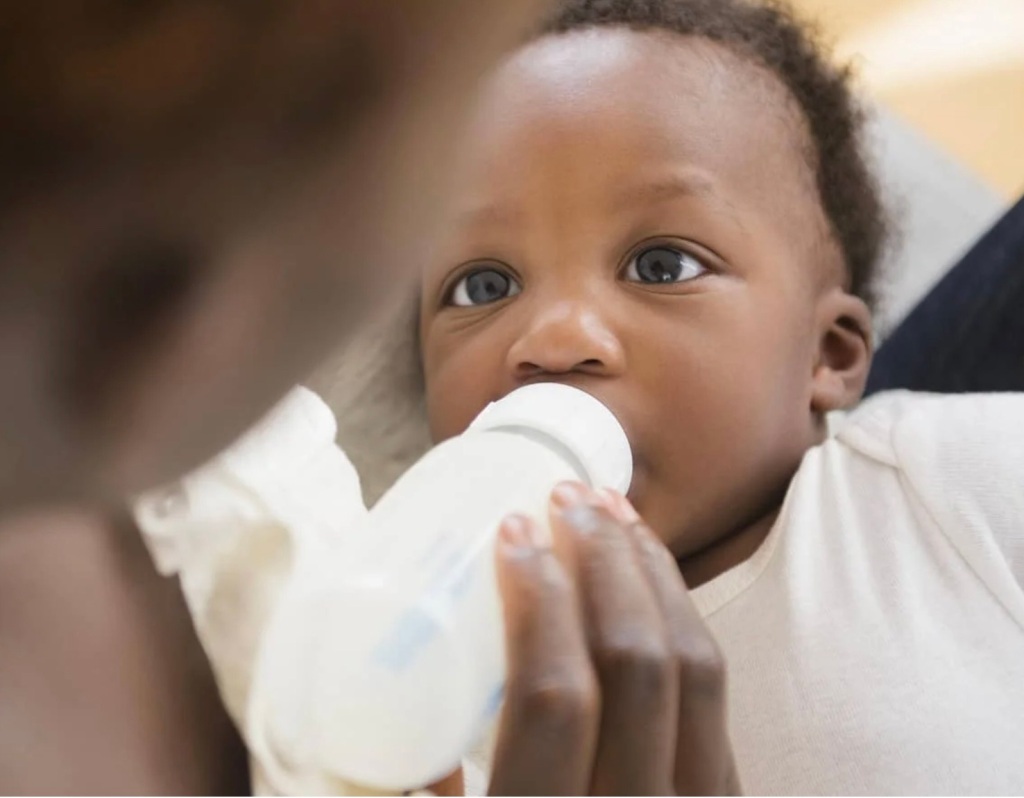This is a guest post. It was written by a couple who have two adopted children.
The sofa is stacked with piles of clothes – some for charity shops, some for a friend with a young son, some for relatives with young daughters.

It’s a never-ending process, sorting too-small clothes and shoes and passing them on. I do it every few months. Kids are always growing, ours seemingly very quickly. It strikes me as strange that clothing shops sell children’s clothes marked by age, when kids come in all shapes and sizes, just like adults. Children just don’t come in neat 3-year-old or 10-year-old packages.
Our children came to us seven years ago. One a baby and one a toddler. We had never parented before. This was a new experience. Like going from 0-100mph in one second. Our lives have never been the same.
We have learned – through therapeutic parenting training and lived experience with our two bundles of joy, energy, frustration and everything else – that children have different ages. Within the same body. Often within the same day. Chronological age, emotional age and cognitive age can all be different and can vary within minutes. And for children from trauma this difference can be hugely marked.

We have always given our children milk at bedtime. The idea is that “an unmet need remains unmet until it is met” (The Quick Guide to Therapeutic Parenting by Sarah Naish and Sarah Dillon). And our eldest came with a huge need for ‘babying’. She loved nothing more than sitting across my crossed legs on the floor being rocked and soothed and given milk from a sippy cup or bottle. Yes, it would have looked strange, but we bonded there on the landing floor. She began to trust me (still a work in progress, understandably, given the pain she has been through) and I began to feel I could meet her needs.

It’s not always that easy and there are many times I am at the receiving end of her disillusionment with adults. I get large doses of, “You don’t care,” “You can’t help me,” “I don’t trust you,” – sometimes spoken out loud, more frequently expressed through behaviour.
It’s hard, as a parent, not to be trusted by your child. Many of us get to adolescence before we realise our parents don’t know it all. But my kids came with that inbuilt. And it makes growing up hard, when you don’t know whether your next meal will be on the table or if your parents will be there when you wake up the next day. I can’t imagine how terrifying that must be for a child.

And yet all they know is that their closest family members, their ‘carers’, are around for a while, then disappear from their lives.
They say that adoption itself is traumatic for children, and I have seen this for myself in our children. In our case adoption was the best outcome in a very difficult situation – a situation that should never have happened, that should never have been allowed to happen. And so our family was formed out of grief and loss and hope. There are no easy answers in this, no one-size-fits-all. No, the truth is all shades of grey.

Our children don’t need to thank us for what we’ve done. They can keep living and growing at their own pace. And we will be here to support them as long as we can. And we will keep buying them clothes and shoes and therapy and books that fit them where they are.
And we will keep giving them milk in sippy cups at bedtime for as long as they need it. No questions asked.